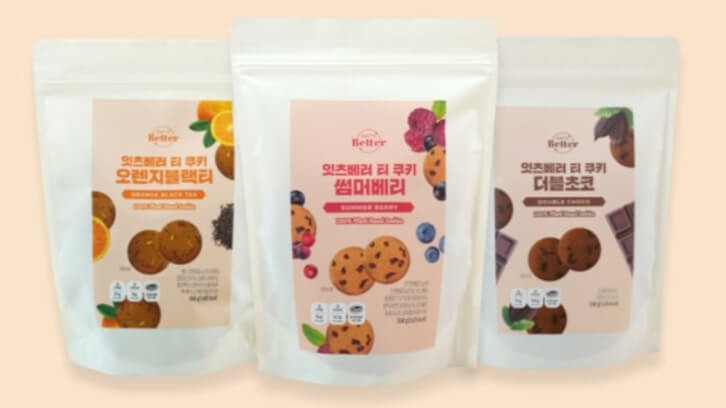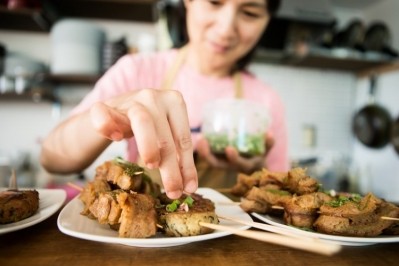Taking the ‘easy’ route: Minimal sensory changes crucial to help Asian consumers transition to healthier diets

PlantEat brands itself as a plant-based product company but does not focus on conventionally animal-based items such as meat or dairy, instead opting to innovate in ‘easy-to-approach’ product categories such as sauces, bakery and noodles.
“A lot of the marketing of alternative proteins so far has surrounded the use of plant-based ingredients to make meat or dairy replacements, but although this is an important area, it is not the only area,” PlantEat Head of Global Business Development Jay Kim told FoodNavigator-Asia.
“The focus is supposed to be on protein, but although alternative meat may well be the future of protein at this point in time it is not easy for businesses to focus solely on this as it is very complicated to meet key characteristics such as price parity, taste similarity and the alleviation of consumer concerns given how novel the sector is.
“We have decided to approach ‘easy’ items that will have minimal impact on these areas of concern and thus will greatly increase consumer acceptance, such as snacks and mayonnaise.
“What we have seen with this approach, even after we have developed vegan or plant-based products that use soybean protein instead of egg, is that there are much less negative emotions associated with asking consumers to choose these – and at the same time, they are consuming higher-protein products due to the presence of the soybean protein.”
PlantEat uses soybean flour and protein to make its crackers and cookies, sauces and its latest creation protein noodles.
“The protein noodles are made of 99.6% soybean and 0.4% salt, giving these very high protein content of 15g per serve in addition to being gluten-free and low calorie (130kcal per serve),” Kim said.
“We are aiming to make this from 100% soybean in the future, and to increase appeal to consumers who are constantly on-the-go we have made these into small-but-filling packets of one serving each which are also easy to cook.
“Moving forward, in line with the idea of convenience, we are also planning to develop a ready-to-eat range of protein ramen as well – these will be even easier to cook, just needing three minutes in hot water like cup noodles, and can be brought on picnics, camping trips and so on.”
Soybean solidarity
One of the firm’s greatest value propositions lies in its unique high-protein soybeans, dubbed Hayoung soybeans, which it currently is only able to harvest in South Korea.
“Our limitation in only being able to get soybeans locally has been one of our main challenges as it means that raw material costs remain high,” Kim said.
“The Hayoung soybeans are higher quality as they are less allergenic, have less gluten, less of a beany smell, are non-GMO and are also easier to digest.
“So we will continue to use these soybeans moving forward, but to reduce costs are planning to expand cultivation to areas such as Laos and Myanmar where there is a lot of land.
“This will mean that the soybeans can be planted and harvested at a much larger scale in higher quantities, which will enable us to not only reduce production costs for our finished products but eventually also establish ourselves as a supplier for these unique plant-based ingredients.”
The premium qualities of Hayoung soybeans including lower stachyose (a form of sugar found in plants) and resistance to several plant diseases have been documented in the Korean Journal of Breeding Science (KJBS) by the Gyeongsang National University Department of Agronomy.






















